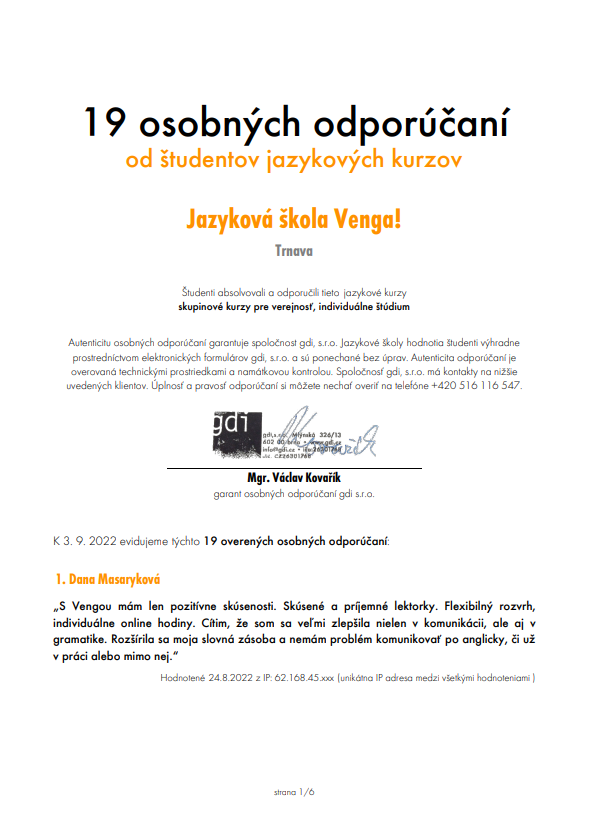English is a West Germanic language that originated in England.
It is the third-most-common native language in the world, after Mandarin Chinese and Spanish. English has the status of a lingua franca (a language of communication in multilingual areas) in numerous parts of the world. English is also used as the main language of communication in various areas, such as IT or geography.
The most common language to be translated from into other languages is none other than English. English is a global language and it is the most widely studied foreign language.
English vocabulary contains many words of foreign origin, mainly from the Romance languages. French has had a crucial influence on English, as it used to be an official language of England for 300 years (11th – 14th century). That is the reason why English has adopted many French words, such as language – langue, grand – grande, parrot – perroquet. Words of Germanic origin (Anglo-Saxon or derived from the Scandinavian languages), including all the pronouns and conjunctions, are shorter than Latin words and more common in everyday speech. Longer words of Latin origin are frequently considered to be more elegant and are preferred in written expression.
The richness of a language is based on the number of different variants of diverse meanings and nuances that enable to comprehensively and accurately express the desired ideas. English is also characterized by its adaptability. It easily accepts technical terms into general use, often even entire new phrases. The increasing number of English speaking people around the world has also had a crucial influence on the formation of the English vocabulary. It is possible to observe many differences no only among native English speakers from different countries (USA, Great Britain, Australia, etc.), but also among the students of English who fluently use it professionally or officially. English is an official language in numerous populous countries (India, Pakistan, the Philippines, 24 African countries, etc.).
Thanks to fast technological advances, Slovak has adopted many English words. We have domesticated some of them (víkend – weekend, hokej – hockey, džús – juice, míting – meeting, etc.) and we use others in their original form (online, cool, song, okay, notebook, etc.). Moreover, a vast part of the European languages vocabulary comes from the past eras, when Slovak and English as well, were penetrated by expressions from Latin and Greek (situácia – situation, administrátor-administrator, geografia-geography, cirkulácia-circulation, subjekt-subject, stabilný-stable, tradícia-tradition, etc.)
English has a rich vocabulary and the ability to accept new words. But as there is no regulatory office, in contrast to other important languages, that would “accept” new words, it is complicated to calculate their exact number. Neologisms arise especially in medicine, science and technology, but also in other areas.


 Slovenčina
Slovenčina  Español
Español  English
English